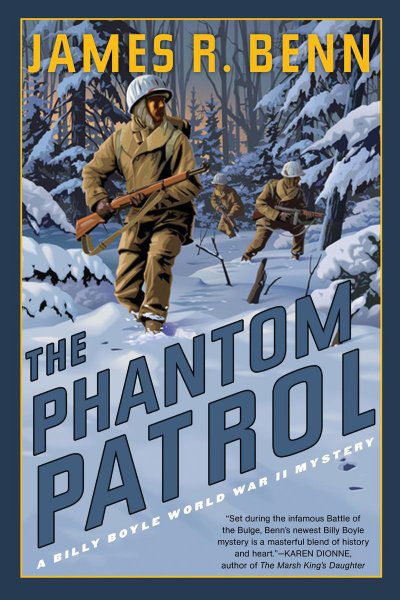James R. Benn has nineteen Billy Boyle World War II mysteries, and you can find the current one, along with the backlist through The Poisoned Pen’s Webstore. https://bit.ly/41CsiHv. Dana Stabenow recently reviewed the latest in the series, The Phantom Patrol. There are signed copies still in stock. You might want to consider copies for yourself or a loved one with planned arrival after the holidays.
Here’s Stabenow’s review of The Phantom Patrol.
Six months after D-Day, Captain Billy Boyle, Eisenhower’s special agent, is in Paris laying a trap for a group called the Syndicat made up of deserters from everyone’s armies who are stealing everything that isn’t nailed down (which is most everything in the aftermath of the invasion and the liberation of France et al) and selling it for profit.
Except…maybe that isn’t all that is going on, and where Billy’s concerned it usually isn’t. All the usual suspects, Kaz, Mike, Harding, Uncle Ike himself are present and accounted for, along with new characters including J.D. Salinger, at present an agent for the Army’s Office of Special Intelligence
“Hey, Captain Boyle,” Salinger said. “I wish you hadn’t plugged that guy. We could have interrogated him.”
“There was a lot of shooting,” I said. “I thought asking nicely wouldn’t be very effective.”
and a delightfully extended cameo appearance by Major David Niven*, inadvertently seconded from General Montgomery’s staff.
“What the hell! Has Monty sent reinforcements?” asked a GI taking cover in the doorway.
“For this little dustup? I doubt you need our help, Private,” Niven said. “How long as it been going on?”
“Since dawn, sir,” he said. “Say, ain’t you…?”
“Yes, I am. Basil Rathbone, at your service. Now, where can I find your intelligence section?”
Billy is under fire for most of the narrative and the sound of bullets singing past his ears is a great motivator to discover just what the hell is going on, how it relates to his investigation of art thefts, and who the real target is. Naturally, no one at a command level including his boss, Major Harding, believes him when he figures it out and he is left to stop the perps himself, with only Kaz and some, ah, volunteers as backup.
I scrambled to my feet, fear sending me flying forward in one, two, three great strides before I dove and hit the ground. The explosion was a loud pop as the igniter charges went off and released the burning phosphorus at white-hot temperatures. I jumped up and ran as soon as I realized the truck had absorbed the hit from the Willie Peter, which normally would have spread nearly twenty yeards in every direction. I don’t know what went wrong, but I was glad I’d gotten out quickly.
As you will be, because this battle ain’t half over yet. This is perhaps Benn’s best fight scene in all 19 books (although, Sicily and Billy going up against the Panzer division is a close second). His investigation takes Billy and gang to the front lines at the very beginning of the Battle of the Bulge, where Benn does not stint on the horrors of war. The slaughter of US soldiers in the act of surrendering is hard to read, as is the death of [spoiler], whom I liked entirely too well to see the end of, dammit.
I consider myself fairly well read on the events of World War II but Benn always finds something I never heard of. Here it is the Einheit Stielau commando unit, the Nazi force that fielded English-speaking soldiers dressed in American uniforms to spread confusion and fear among the Allied ranks while killing as many of them as possible, whose mission the author turns distinctly to his plot’s advantage.
I really liked Benn’s last Billy Boyle novel, Proud Sorrows, which is a WWII country house murder removed from the scene of battle. The Phantom Patrol may be Benn’s best book set in war. But you should read them all, starting with Billy Boyle, and do not miss the acknowledgements pages in the backs of all the novels. I mean, he doesn’t really have to make much up.
*If you have yet to read David Niven’s two autobiographies, The Moon’s a Balloon and Bring on the Empty Horses, allow me to urge you to do so. They are hands down the best Hollywood biographies you’ll ever read, and I’m guessing by far the most honest.

